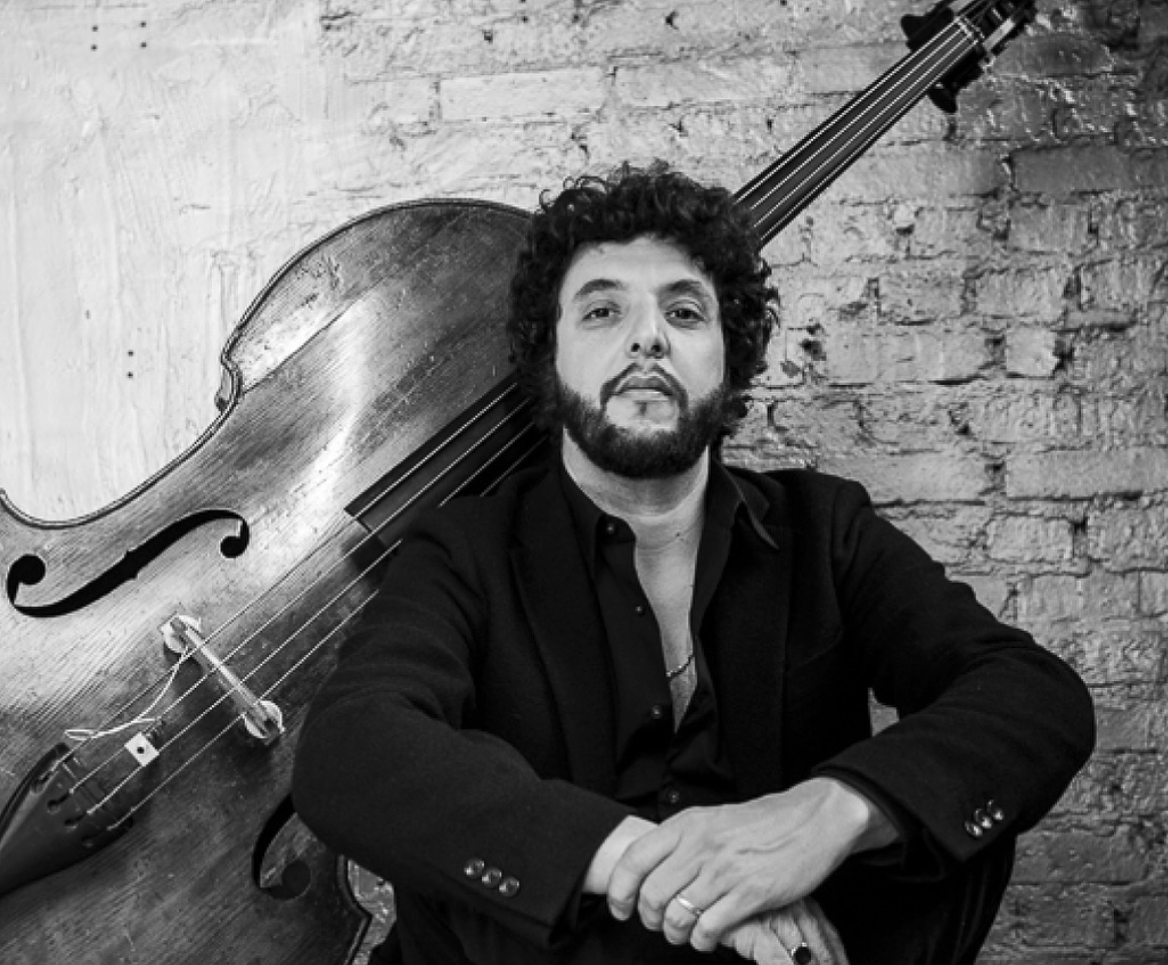When Israeli Andalusian Orchestra Ashdod performs a new jazz work composed by acclaimed jazz bassist Omer Avital later this month, it will be a collaboration decades in the making.
The orchestra, under the artistic direction of Elad Levi, will perform “North African Dream,” composed and conducted by Avital.
The work will be performed on August 27 at Elma in Zichron Yaakov, on August 28 at the Jerusalem YMCA, and on August 29 at the Tel Aviv Museum of Art.
Avital, a classically trained jazz musician, collaborated with Elad Levi, artistic director of the Andalusian orchestra, first composing a piece for the orchestra at last year’s Ashdod jazz festival.
“I knew everybody involved,” said Avital. “It was like a Moroccan synagogue.”
Now they’ll perform it again in August, followed by another series of performances in November and then take it on the road to Paris in November, with a tour planned for spring 2026 in the US.
It’s a poignant piece of music in four movements — Piyut / Father, The Dream, Eastern Melancholy, The Return of the African Jew — that yearns and pines for the almost lost cultural traditions of past generations of Avital’s family.
These days, Avital looks for opportunities to come to Israel, particularly after the Hamas terrorist attack of October 7 and the concurrent burst of anti-Israel sentiment and antisemitism in his hometown of New York as the Gaza war drags on.
“People who I thought were on my side or were my friends are now on the other side,” said Avital. “But life goes on, and I think making music in Israel is my calling right now. I love working with Israelis. I think we’re very talented people, and at the moment, the jazz scene in Israel is one of the more bubbling scenes in the world.”
“People are on fire with their music in Israel,” added Avital. “We say what we need to say musically.”
New York has become a more complicated place for Avital, who said he isn’t worried about his personal safety but feels the growing hatred for Jews and Israelis around him.
At the same time, he’s happy to have excuses to come home to Israel.
When he was younger and growing up in Israel, Avital focused on studying classical music, learning the masters with Russian instructors. It was during a stint in Israel in the early 2000s that he spent time studying Jewish Arabic music, including his family’s Yemenite and Moroccan sounds.
“It’s our music, it’s Jewish Arabic music,” he said. “When I was growing up, we didn’t talk about being Mizrachi, about our music, so this was a welcome renaissance.”
Each time he has returned to Israel over the last two decades, Avital has engaged more with local music and helped create a new trend in music, combining Arab Jewish music with jazz elements.
Avital wasn’t the only one.
With several generations of Israeli-born jazz musicians, alongside a surge of curiosity in traditional Jewish Arabic music, such as the Andalusian tunes, there has long been a trend of melding classical strings with Middle Eastern instruments, creating a new melange of Israeli sound.
As Avital, 53, traveled back and forth between Israel and the US, he saw how the younger generation of musicians knew and recognized jazz. The current Andalusian Orchestra is comprised of musicians in their late 20s who grew up on jazz as well as the modern music of North Africa.
“The time was ripe to come back and work with this orchestra that can do anything,” said Avital.
The Ashdod orchestra, founded nearly 30 years ago in the southern port city, initially included some 30 musicians who were mostly of Tunisian, Moroccan and Russian origin, and focused solely on traditional Andalusian music and liturgical poetry, playing on a variety of instruments that range from the violin to the oud.
Now the orchestra includes younger, more mainstream Israeli musicians who are very used to melding modern sound with ancient liturgical poetry and instruments.
“When I started doing it, it was still very strange,” said Avital. “People wondered why we were mixing jazz with liturgical singers?”
But he — along with other musicians such as the orchestra’s Elad Levi, conductor Tom Cohen, Yemen Blues’ Ravid Kahalani — began exploring this new sound, and it stuck.
“I’ve realized that this is my real music,” said Avital. “I learned jazz, but I’m Israeli, and I can bring my knowledge into this classical Israeli music and help make it the future music of Israel.”
